The Black Experience @ Groves
Three Groves students show support
As the years go by, people seem to become more and more desensitized to issues concerning race. Until news is blasted over the media, violence is incorporated and a forced response is required from the minority affected, most things go unnoticed. When messages from a group chat filled with multiple boys were leaked— messages by a Junior at Groves High School targeting a single girl, in which he used the n-word to describe her and states that he is ‘getting rid of the population of n******’, and how he’s going to ‘whip her till she dies’— Snapchat exploded as everyone began to repost the screenshots. News traveled fast, and soon, news stations such as CBS and Detroit News reported about it and parents frantically emailed superintendents and principals at Wylie. E. Groves, demanding repercussions for the offending students. But this doesn’t affect anyone outside of Groves— it affects the students. It affects our sense of safety, our mental health, and the enjoyment that going to school should bring. Nobody should be afraid to go to school because they’re wary of what their classmates may think or even do.
We as people tend to believe that racism is a thing of the past, and until things like this happen, we really don’t think about it. But it’s important to think about it and to acknowledge it before things like this can happen. If discussions like the ones currently going on at Groves had occurred earlier, none of these things would ever have happened. It’s important to do anything we can to prevent these things from happening because they hurt a lot of people— it’s not something that’s able to be simply skipped over and moved on from. Gabrielle Stallings, an African-American junior at Wylie E. Groves High School, said this following the events concerning the racist chats: “It makes me not want to go to school, it makes me not want to be around them, and it makes me not want to be in class. As a minority, I’m just tired.” I think that her thoughts really reflect the way the rest of us feel. We’re tired of the racism, we’re tired of having to think about it, and we’re tired of the fact that racism seems to be something that we’re never going to be able to shake off, despite the so-called ‘progress’ that everyone around us loves to tell us is occurring. But where is this progress? And why can’t we see it? Through microaggressions, incidents of hate speech like this one and violence such as police brutality, all we see is the same ideologies and actions that we saw a hundred years ago, only in a different context. And when we see those, we really begin to question the idea of progress. The event that happened over MLK Day weekend affected so much more than just the school and its image itself, the teachers, and the members of the perpetrating group chat. It affects the students here, because we shouldn’t have to think about the things that we do think about. School should be nothing but a place of community, learning and friendship. And when events like this happen, it can’t be that anymore. That’s the real damage that comes from things like this.
So that leaves us with the burning question: what can we do to stop this? The hard truth is nothing can be done to stop racism. Alaina Williams, a Black junior at Wylie E. Groves High School states the following: “We can’t stop racism because there are always going to be people who are racist, but we can change our response.” I think that Groves is doing a good job at this right now— by having inclusivity discussions, and making certain that students know that this cannot be tolerated, but more can be done to stop this. Cultural awareness and diversity is something that should be taught in schools, just like math or science. Teachers should be informed on how to teach this because it’s something that all students should know and be aware of. They should be called out on their racist thinking, and brought to an understanding TO PREVENT things like this before they happen— not play damage control after things like this occur. Think about it: if things like this were taught in schools, children would know originally that things like this aren’t going to be tolerated in schools, and why the behavior isn’t tolerated. Schools are raising the new generation, and if students aren’t taught in depth about slavery, Reconstruction, or organizations like the KKK, how are they supposed to know and understand how deep and complex the history of their thoughts are and how terrible and meaningful their words can be?
In addition, despite the fact that Groves is labeled to be a very diverse and inclusive school, the minority population within the school is only 36%. That means that 64% of students at Groves are white. There are even fewer black teachers, so many classrooms are strictly white. Teachers are influential parts of the lives of students, so wouldn’t it be beneficial to hire more Black teachers and teachers of color to influence their students in ways that their white counterparts can’t? That’s really the only part of diversity that can be controlled, so why not control it?
Attending a majority white school and having no teachers or superintendents that look like you can be extremely powerful and impactful— and this goes for all minority races, not just Black people. So it’s important that we include people of all races into our staff. I know from my own experience that growing up around a majority of white people can be really detrimental to your mental health and self- image growing up. It makes you want to change your hair, the way you talk, the way you act, how you dress and the things you say. It makes you not want to be yourself and change who you are to fit who everyone else wants you to be. This isn’t at the fault of anything or any specific person, it’s just the terrible way that it is. So why not try to change this for students? As Gabrielle Stallings says, “I think there’s a lot of people of different races and cultures and backgrounds and that’s a cool thing, but I feel like it still needs a lot of work, as far as inclusivity. To actually include other groups and thoroughly do what [the school says] they’re going to do.”
There are so many things that we could change, but there are also many places that we have improved, and in some instances, MLK’s dreams have come true. We need to be grateful for this and grateful for everyone who came before us and the path that they have carved for us, while also being aware of the ways in which we can change. I know that everything I have stated cannot be accomplished quickly or easily, but these are ways in which we can change, and someday, I wish we will. Our culture is beautiful— our music, our hair, our skin, all of it. We should be proud of it. We are proud of it.
Your donation will support the student journalists of Wylie E. Groves High School. Your contribution will allow us to purchase equipment and cover our annual website hosting costs.
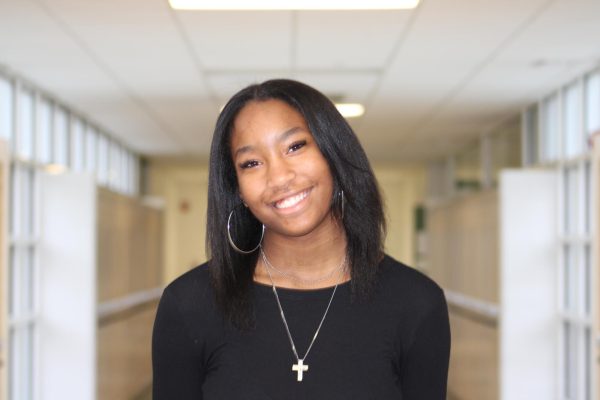
Christina Jones is an editor of the Groves Scriptor. She also does theatre and runs track.
Outside of school she likes to chill out by writing,...


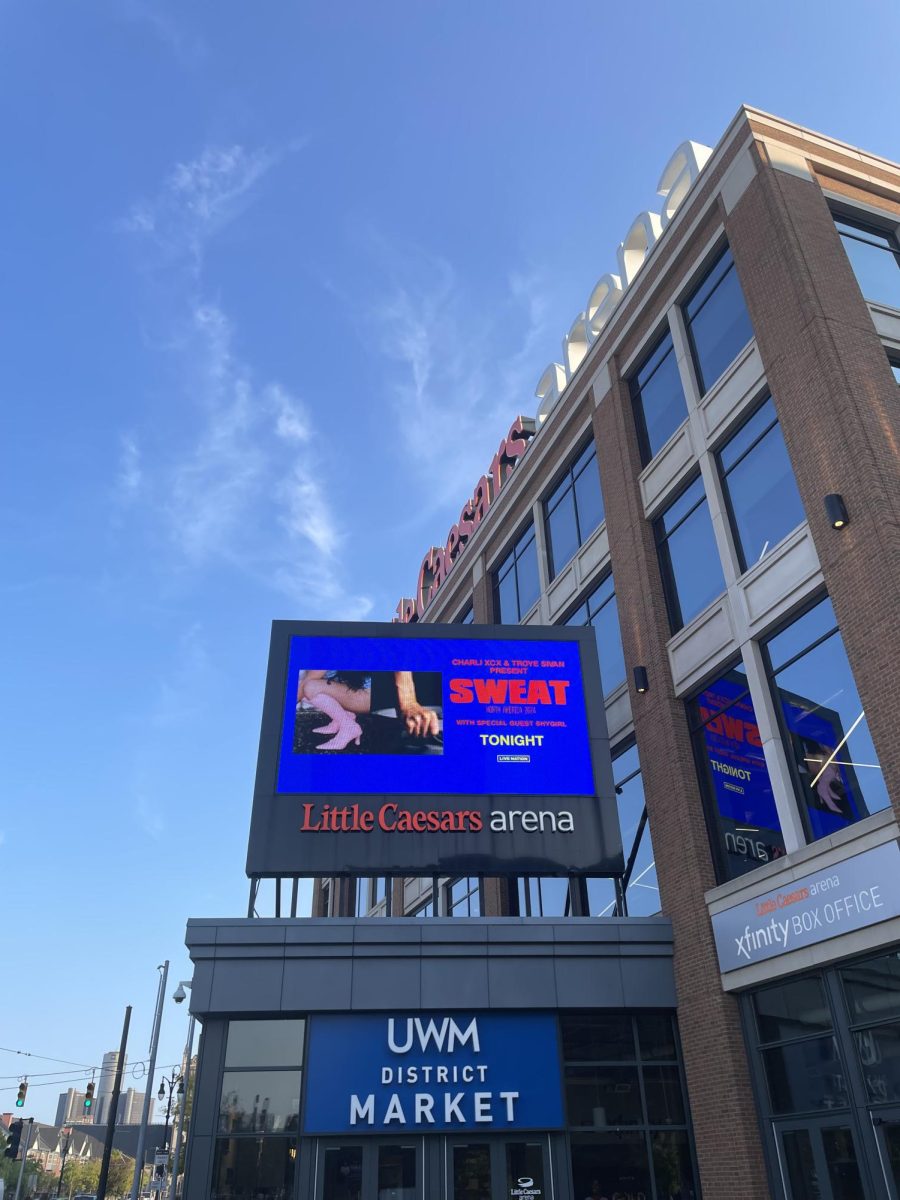

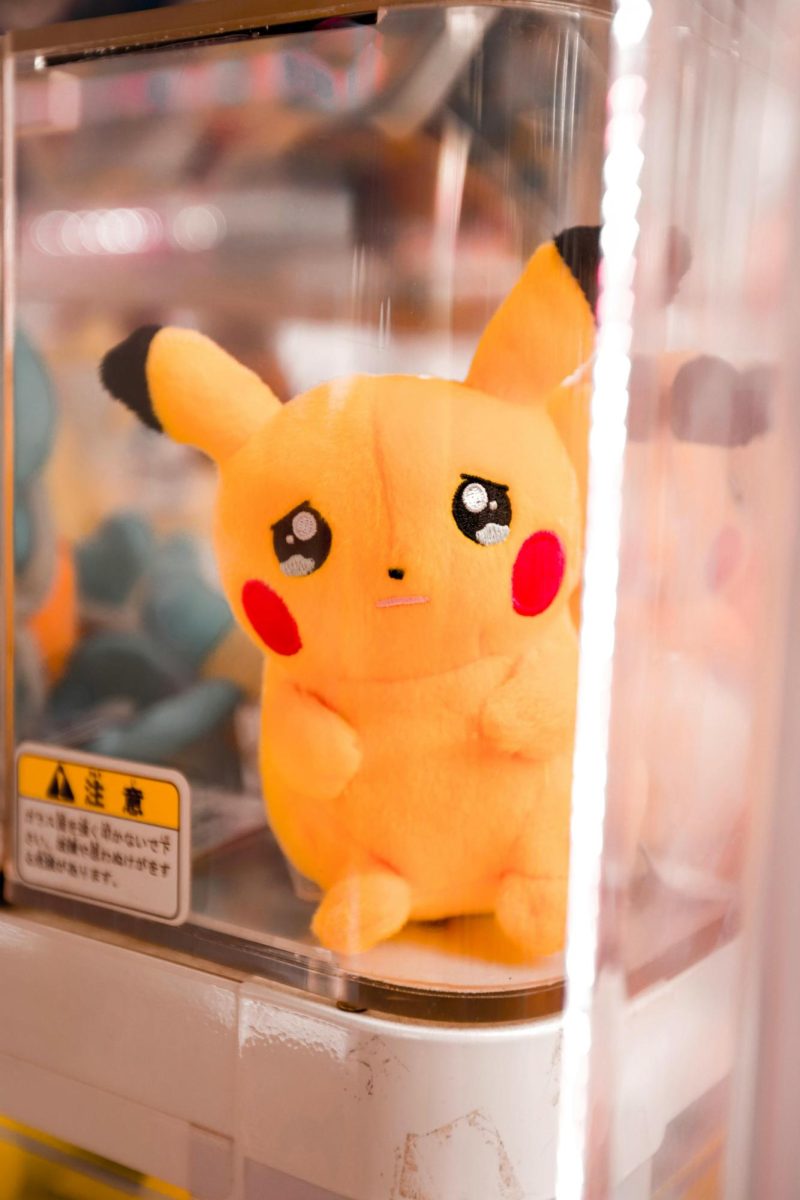

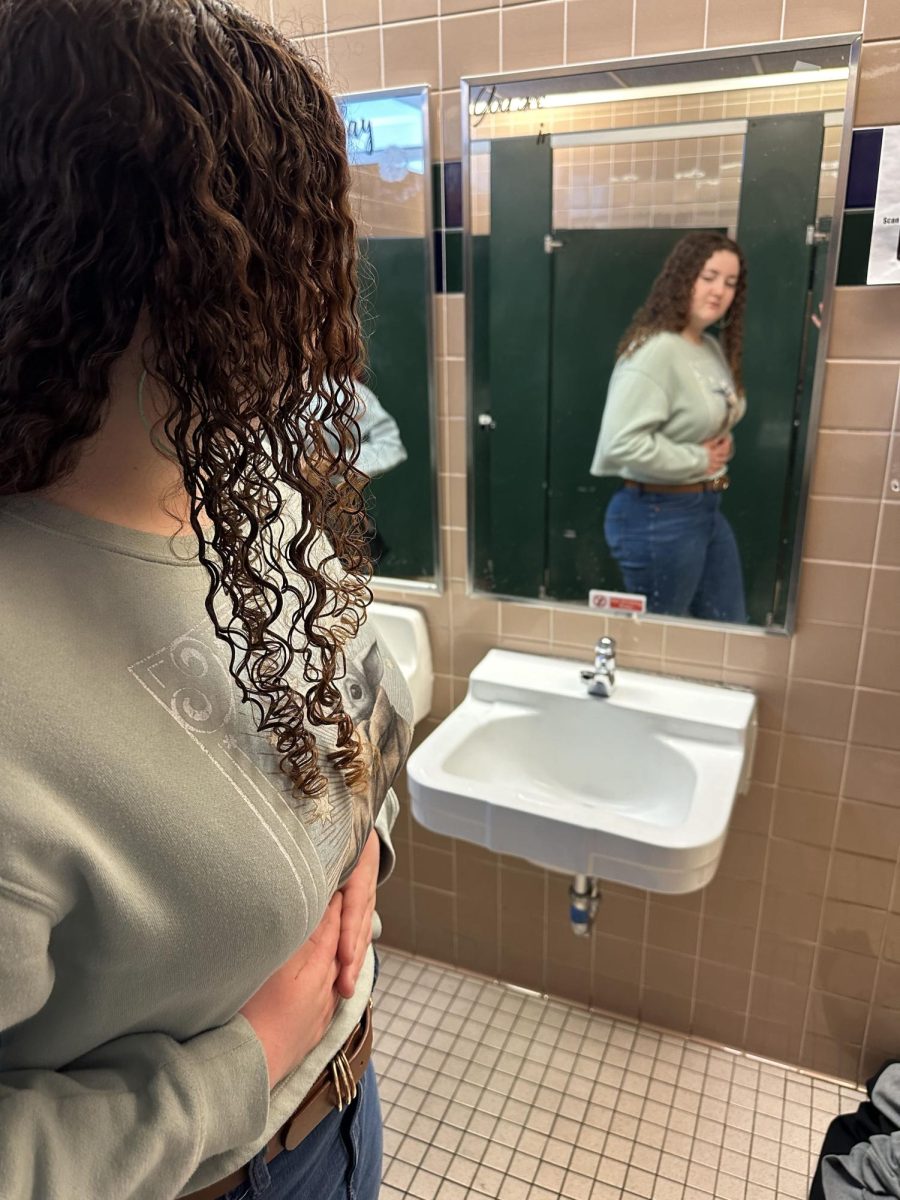

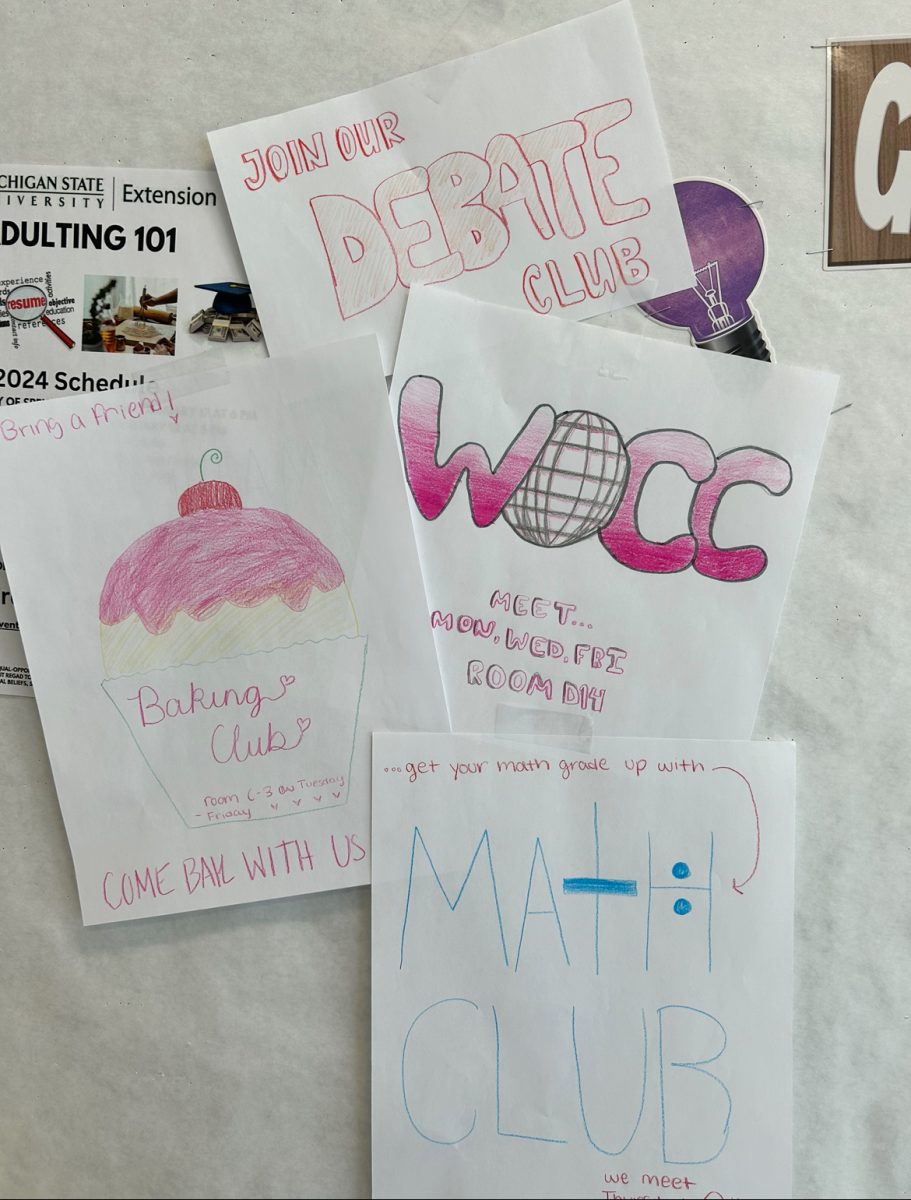


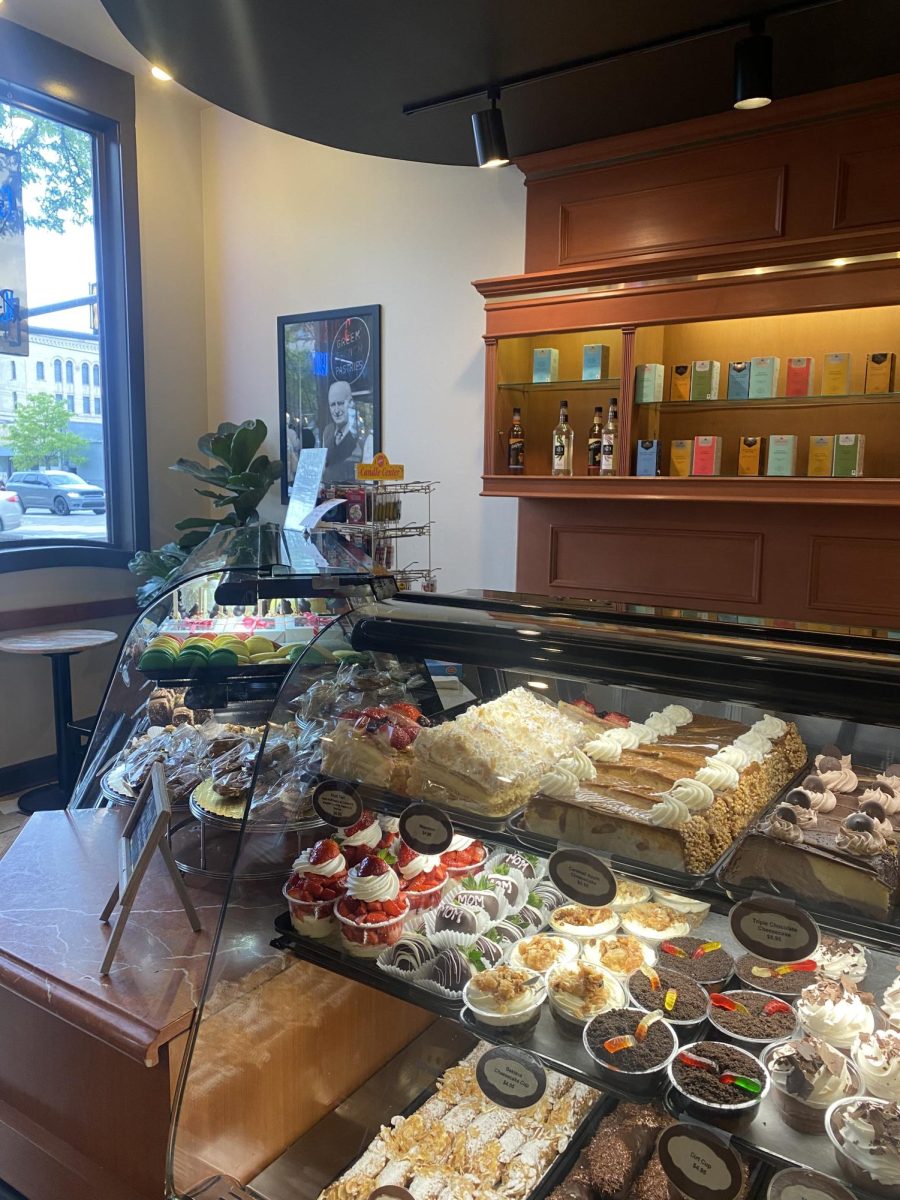


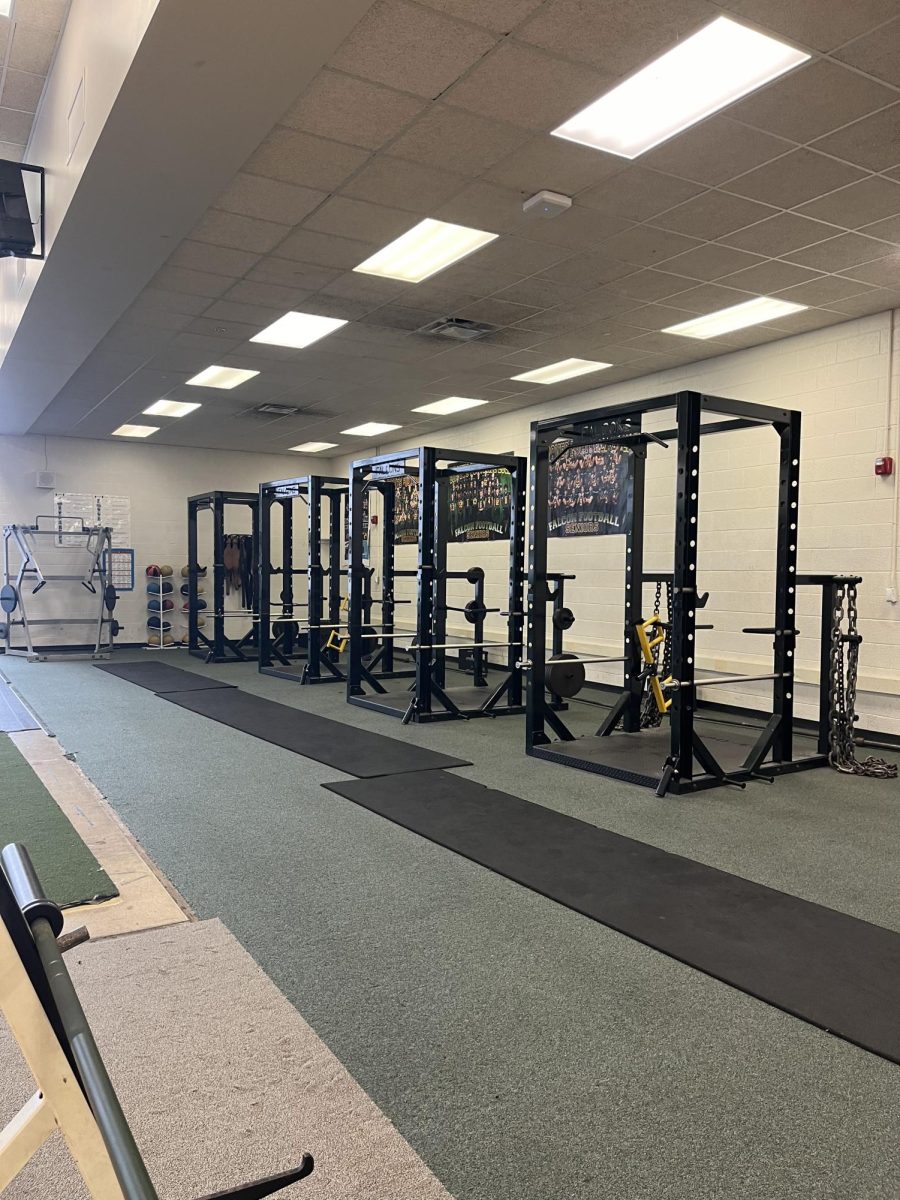

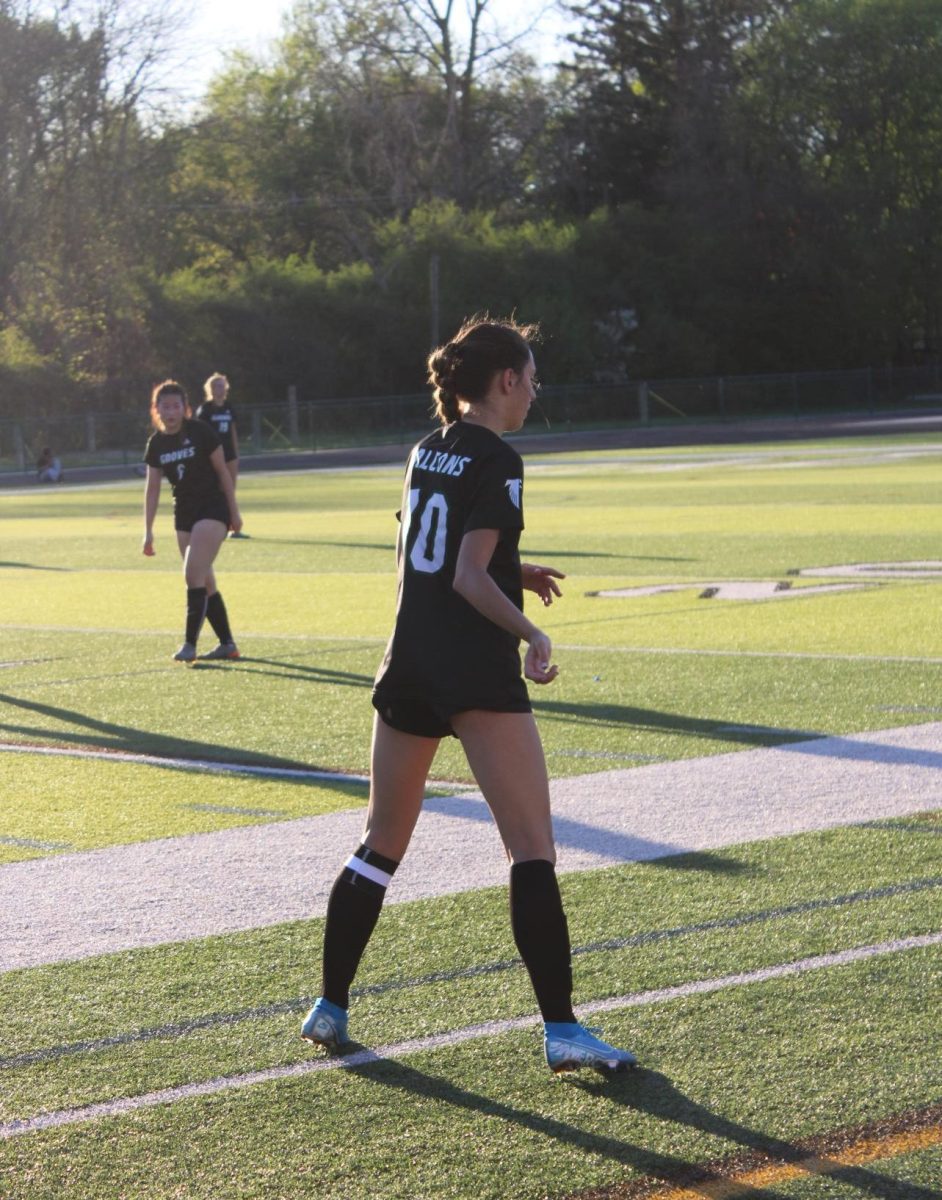
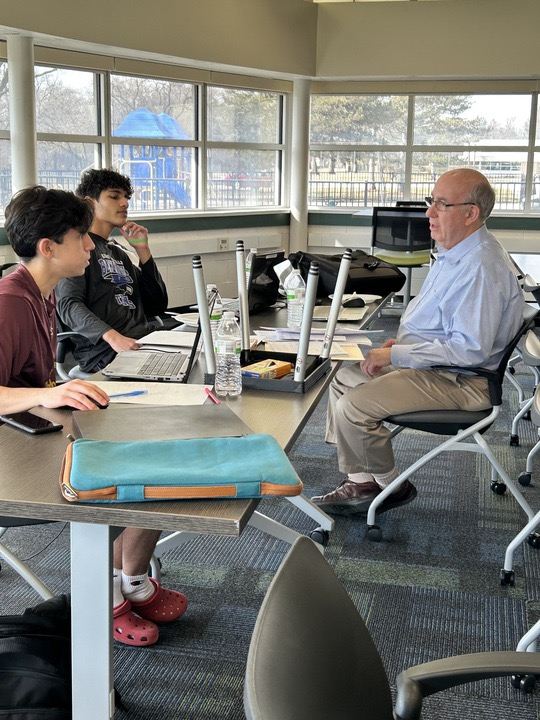
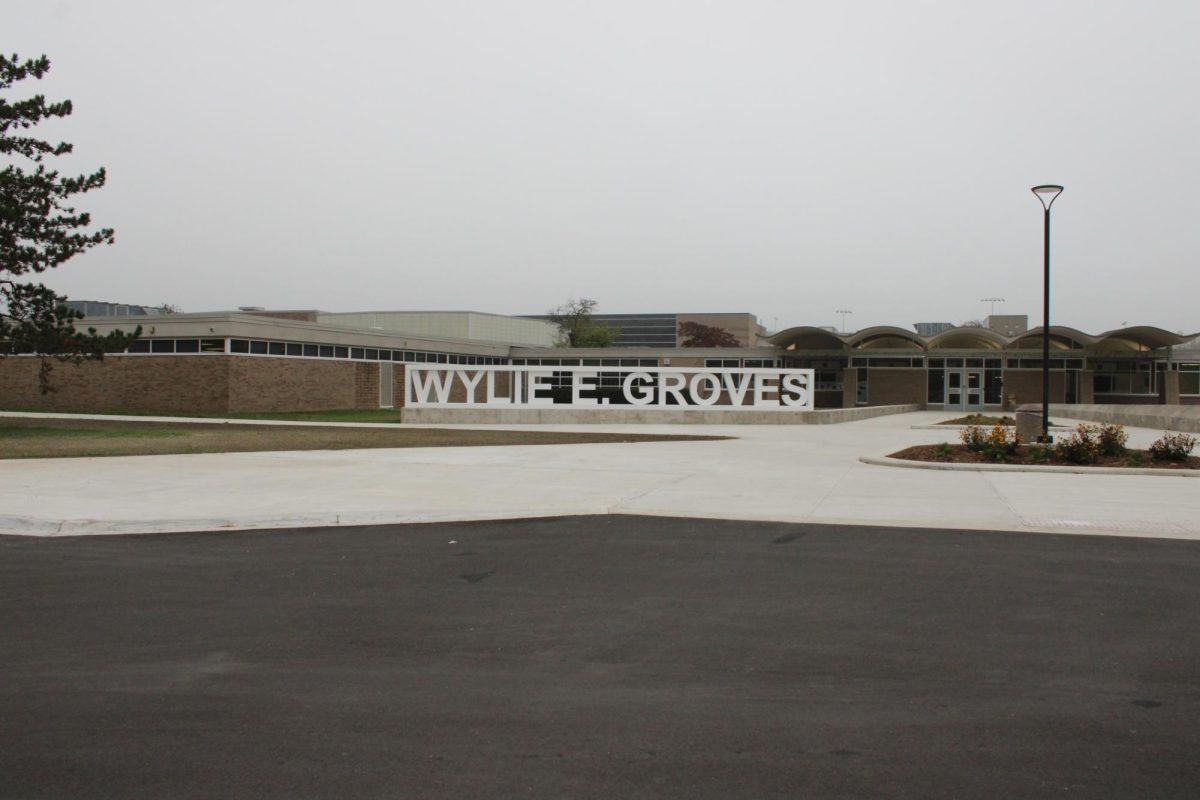
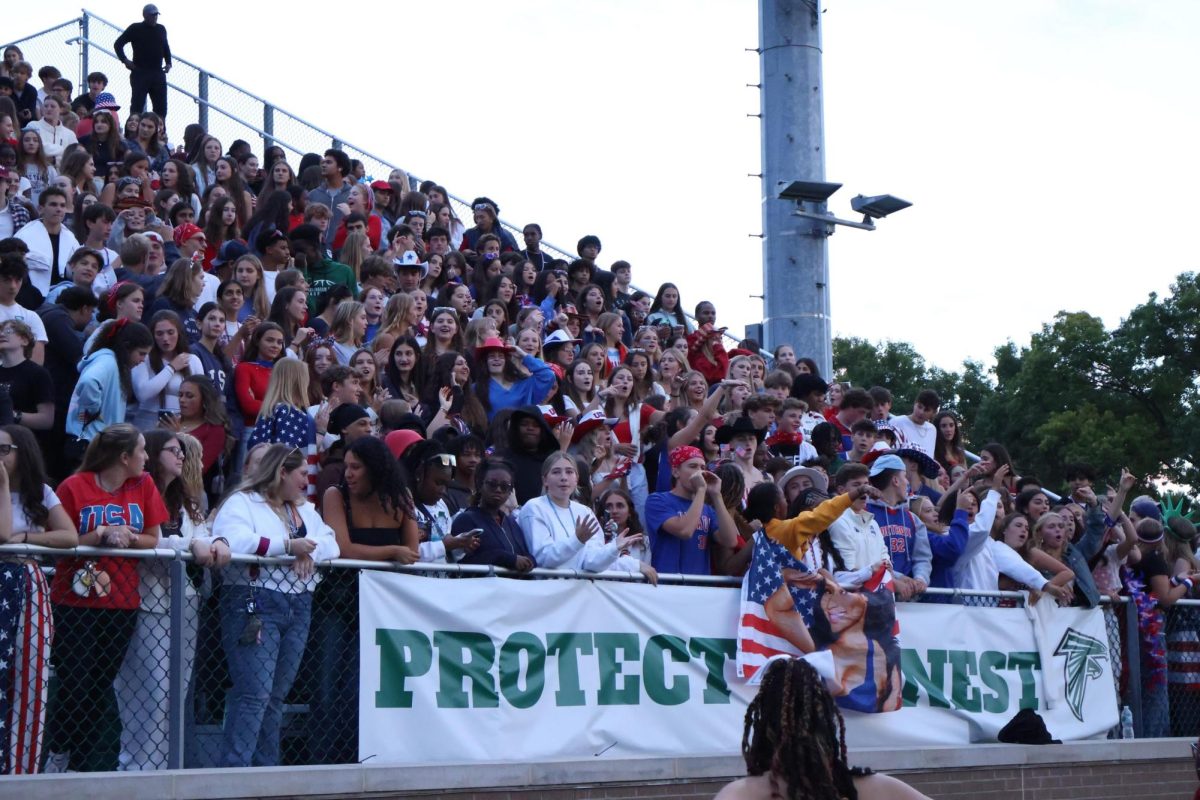

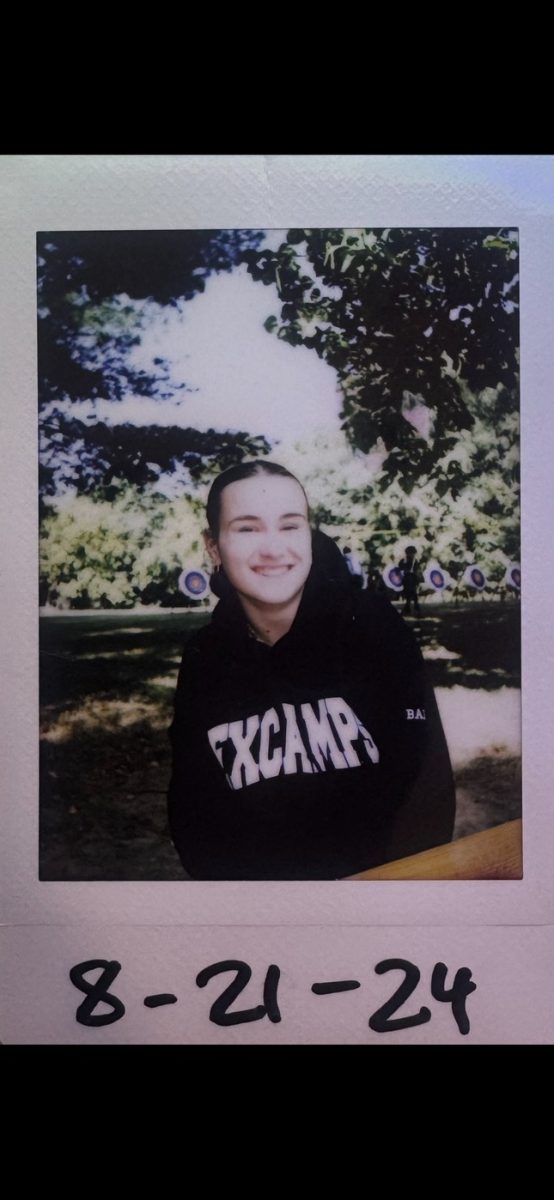


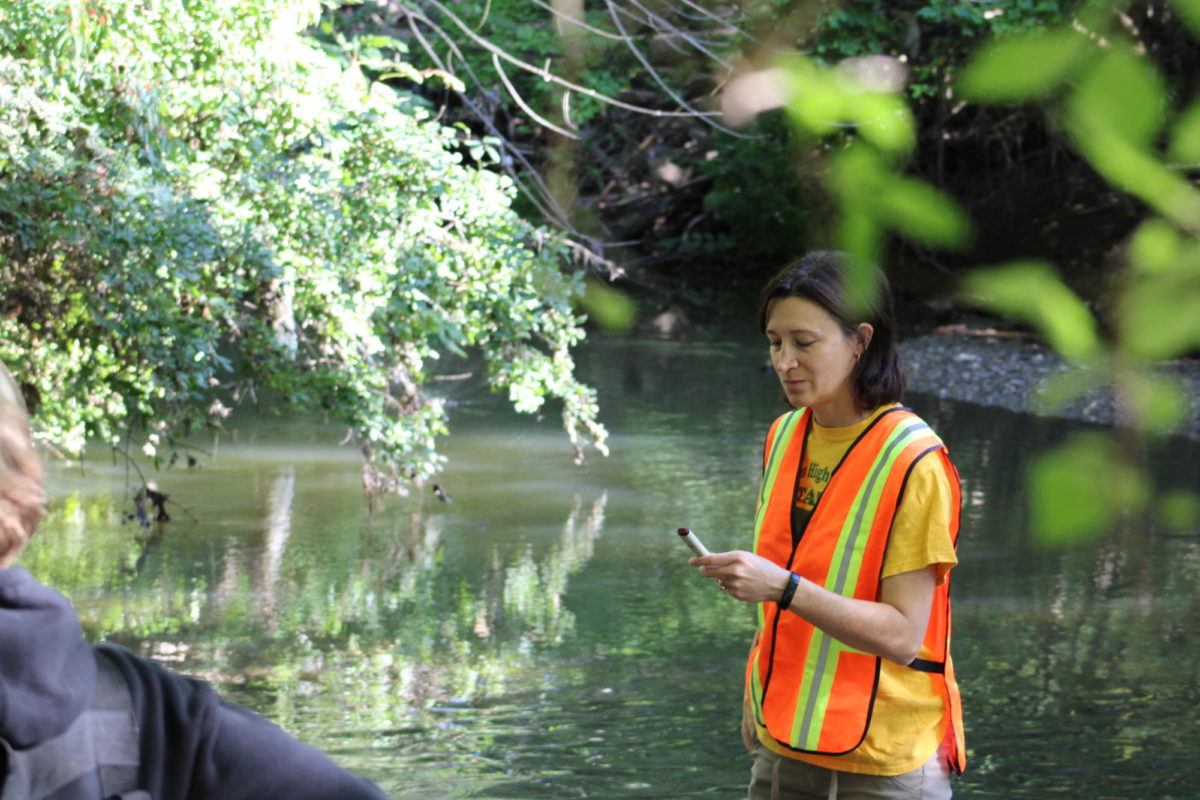
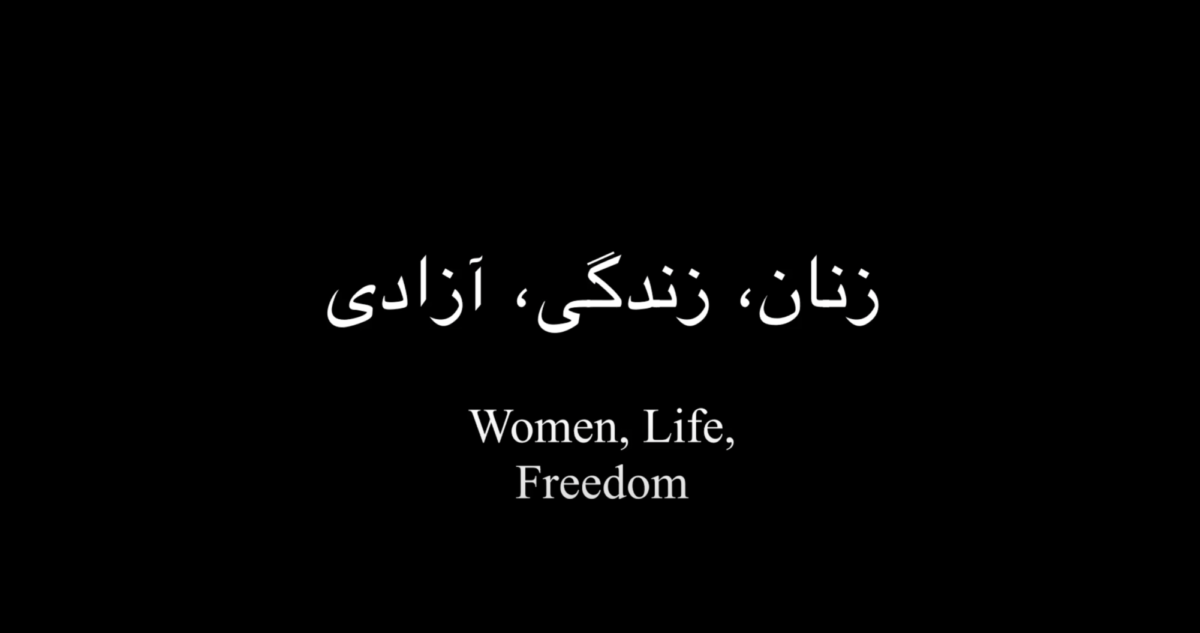
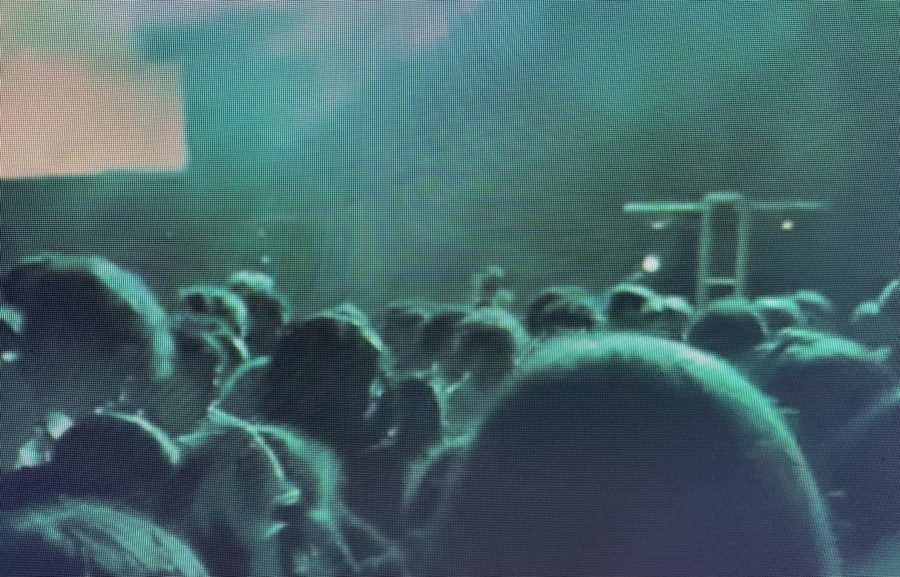
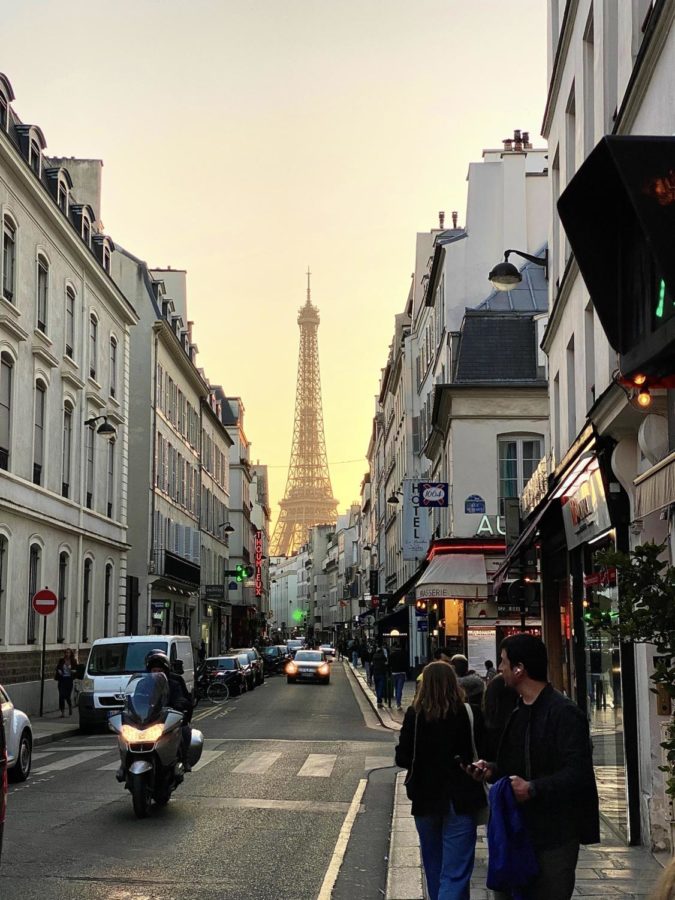
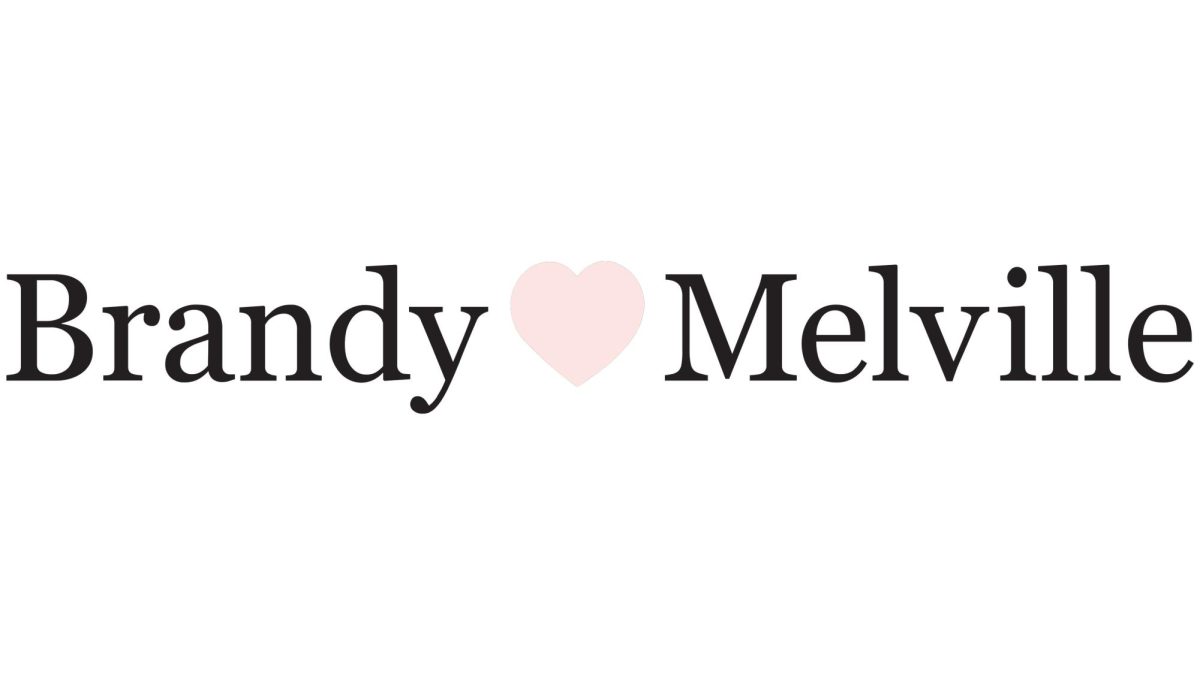
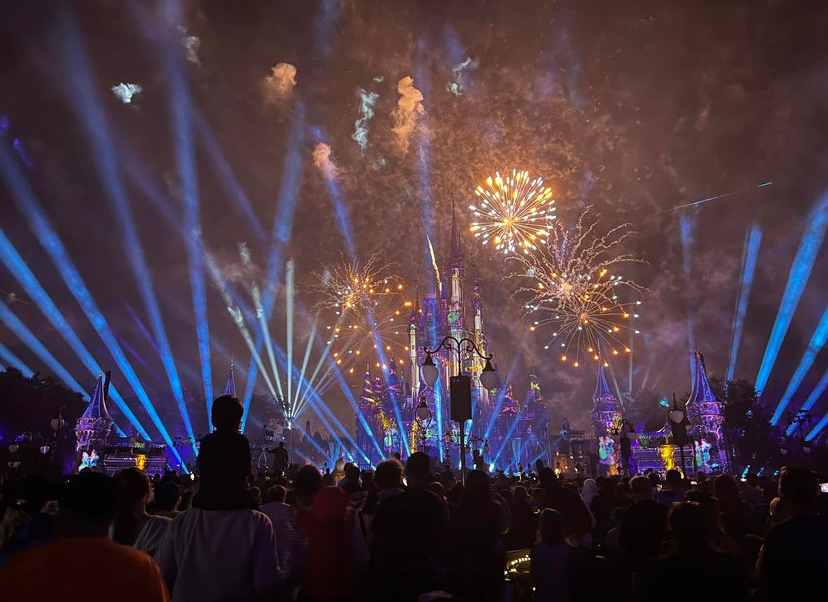

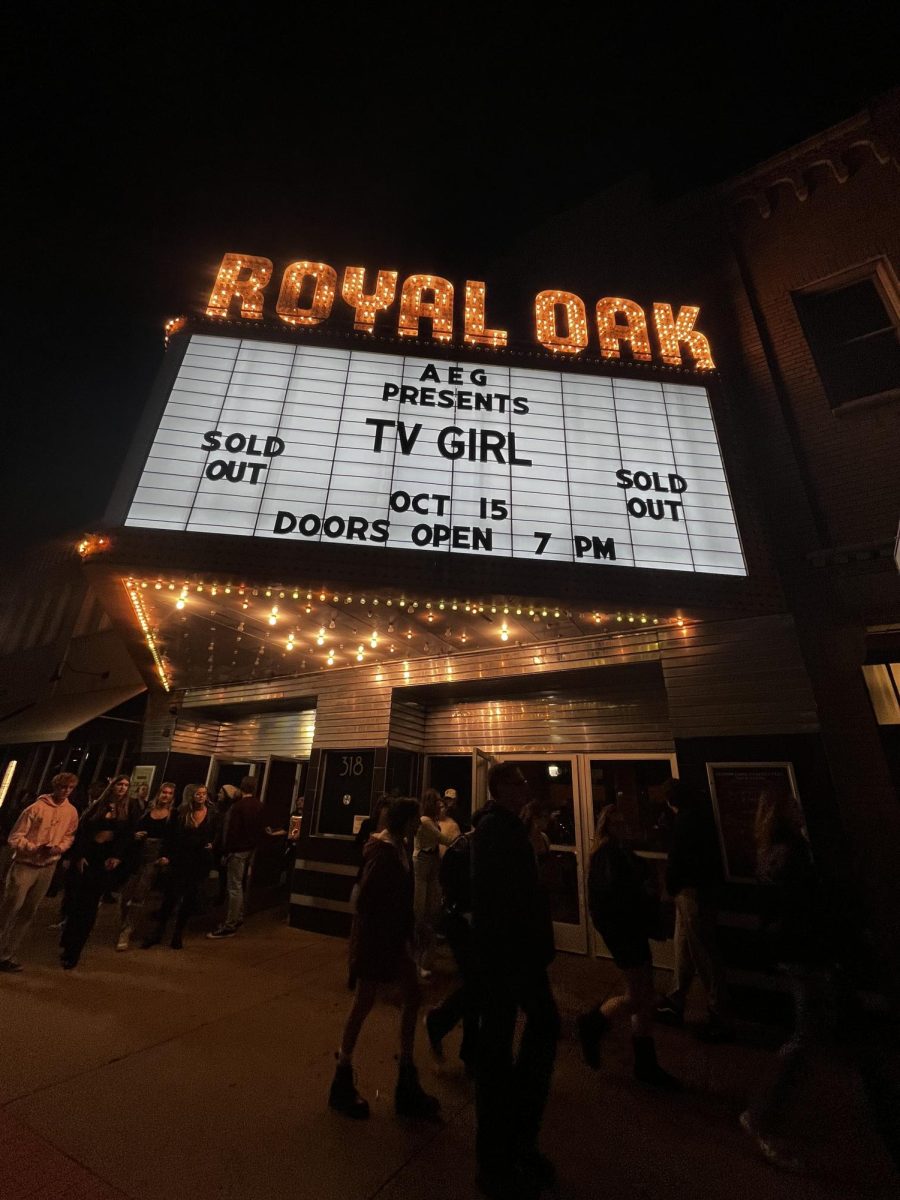
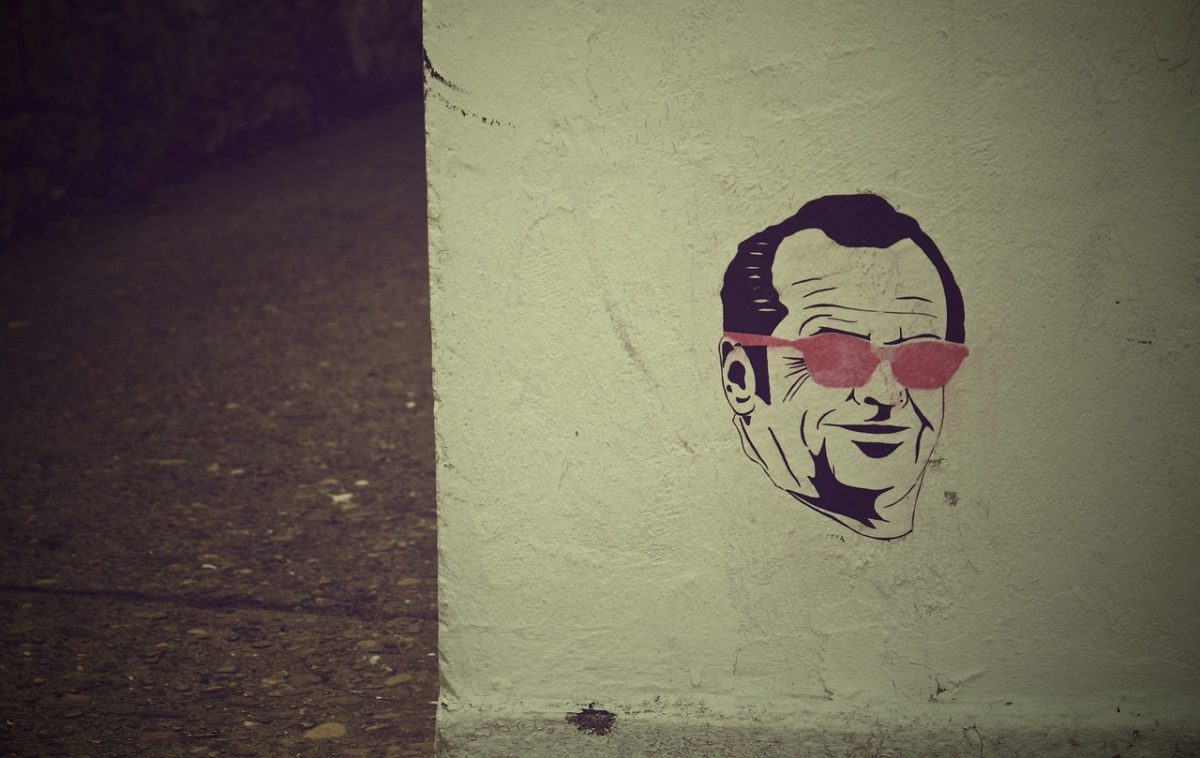


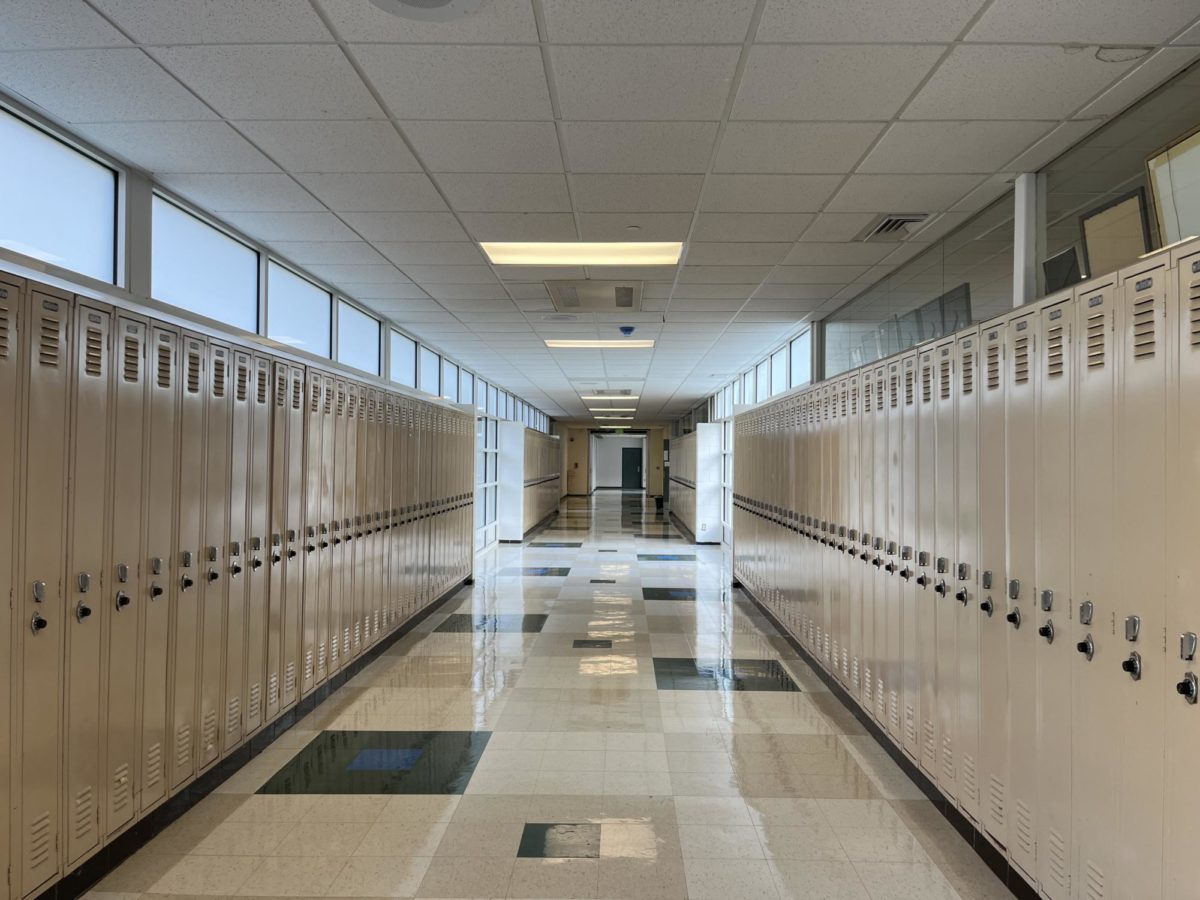
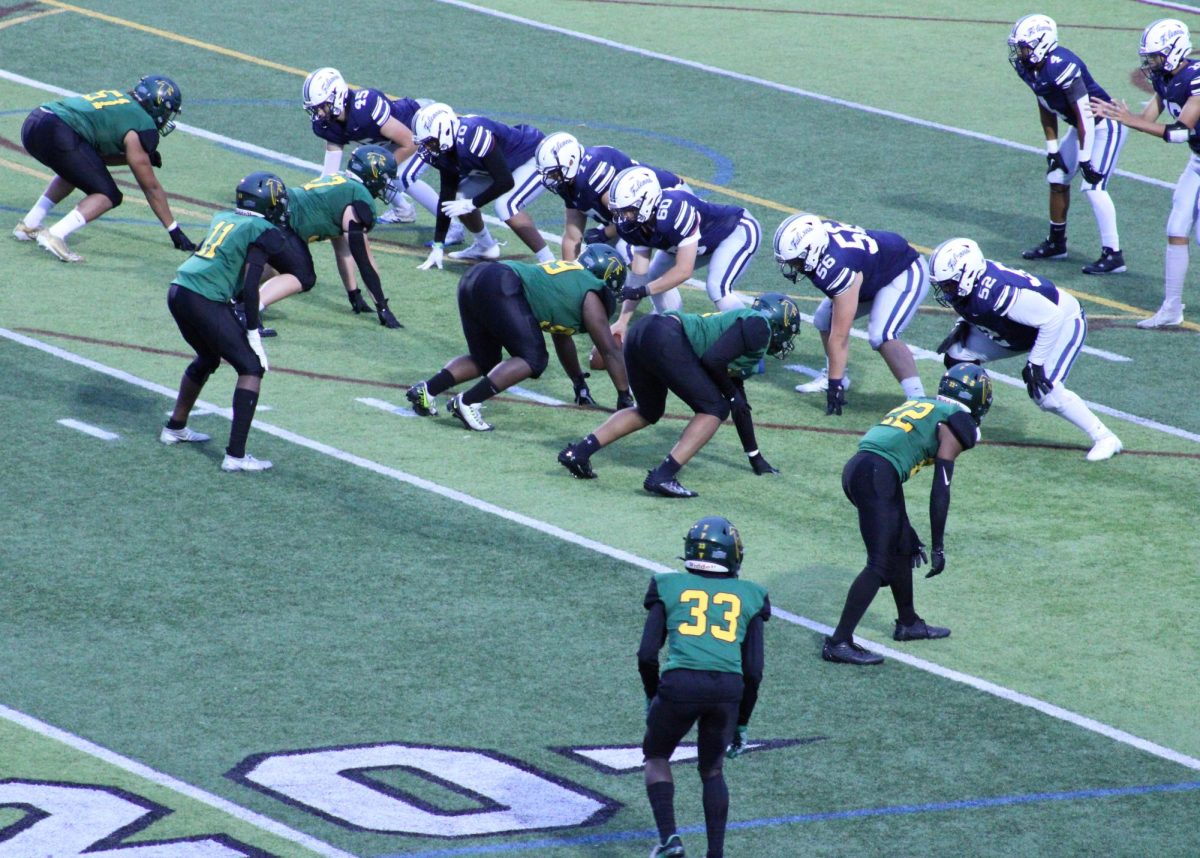
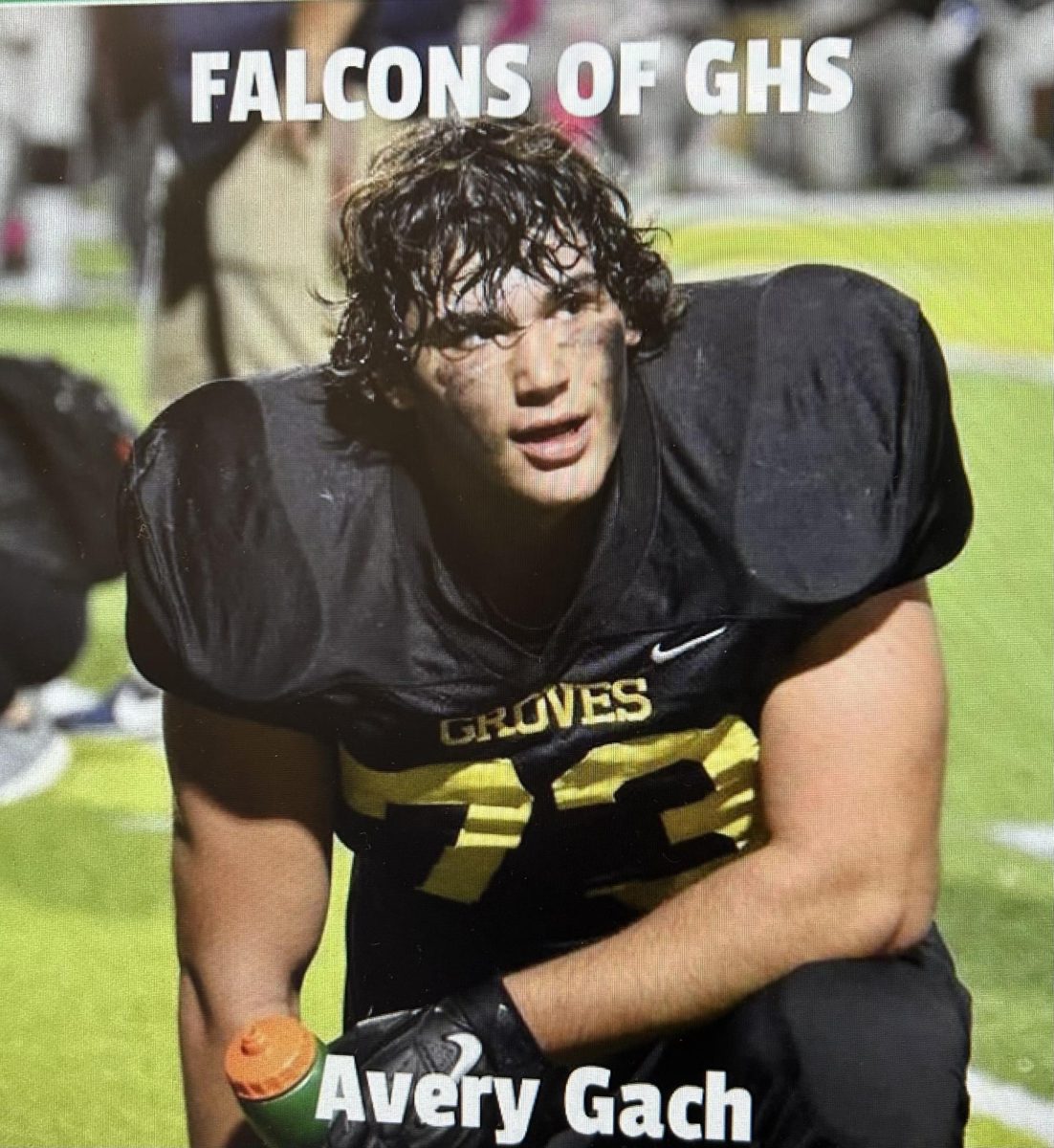
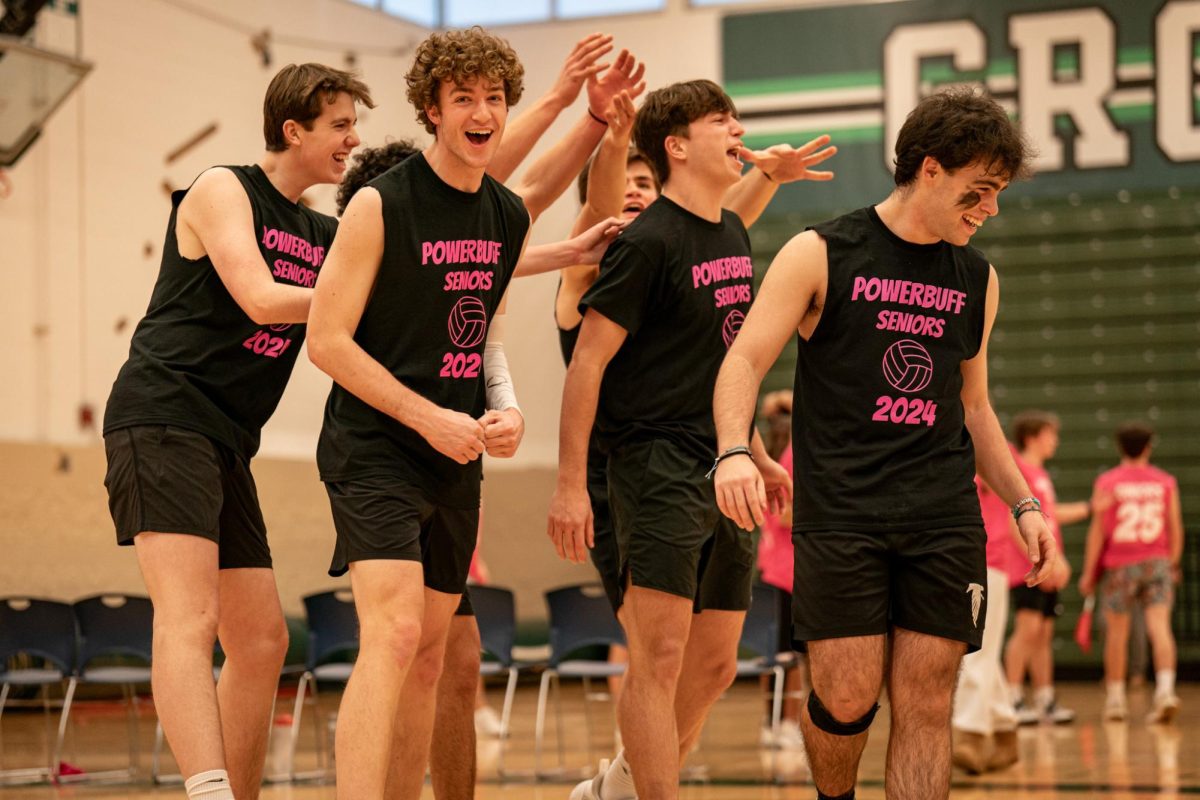
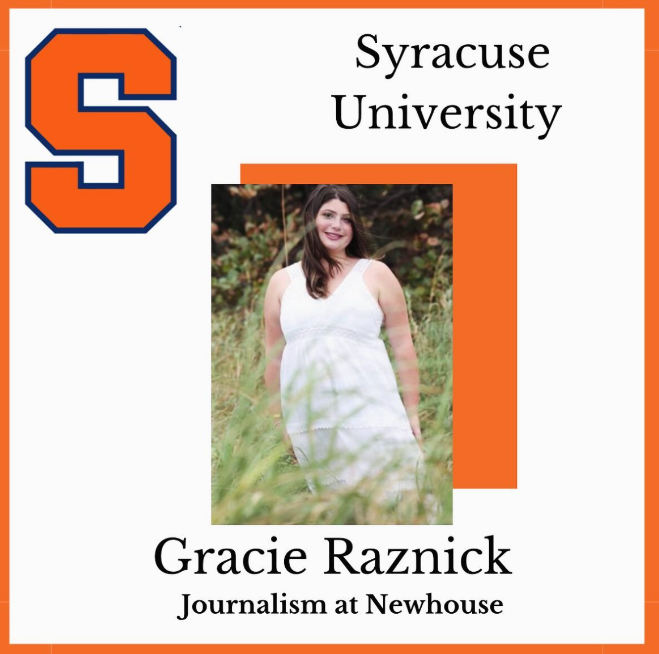
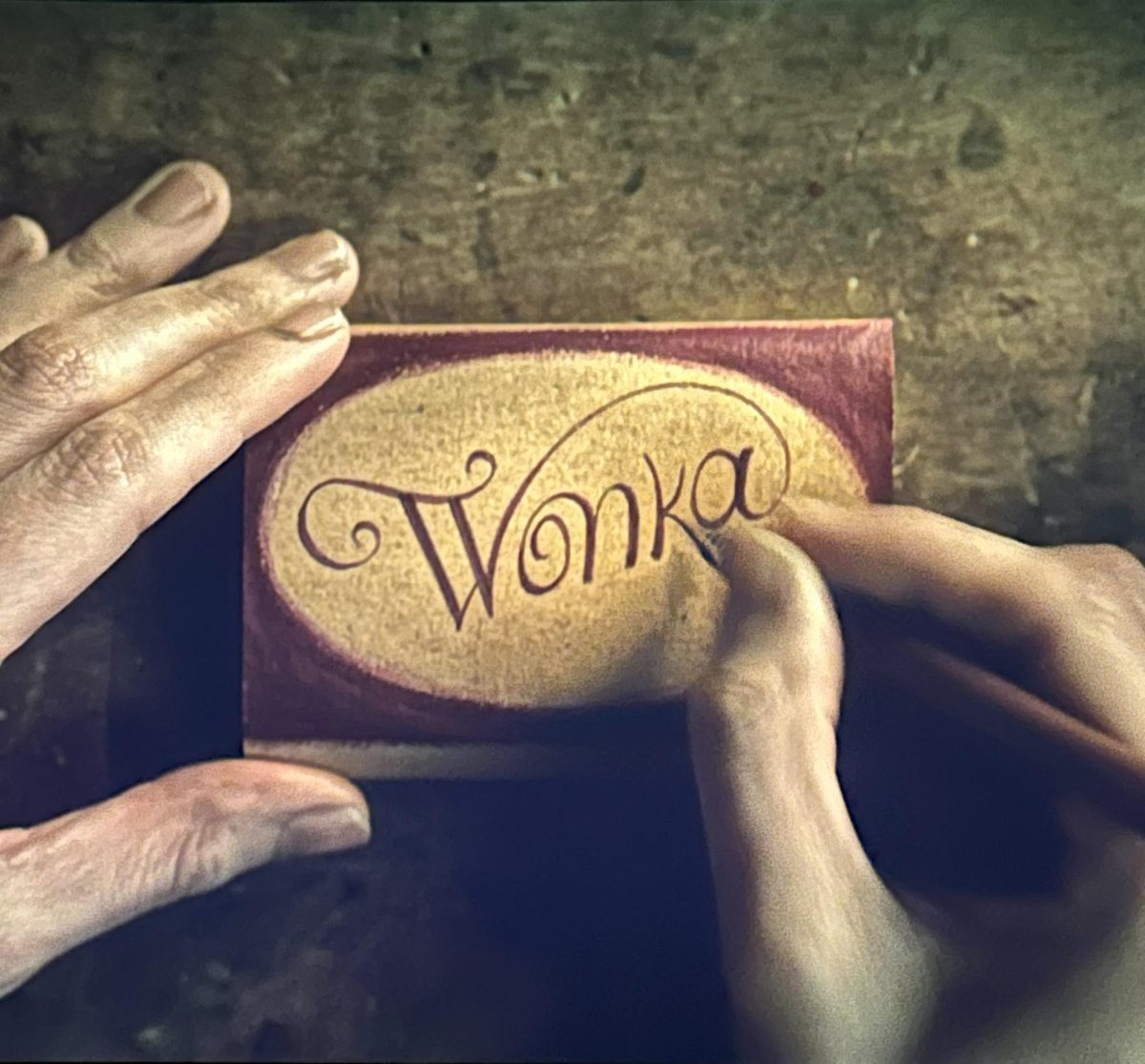
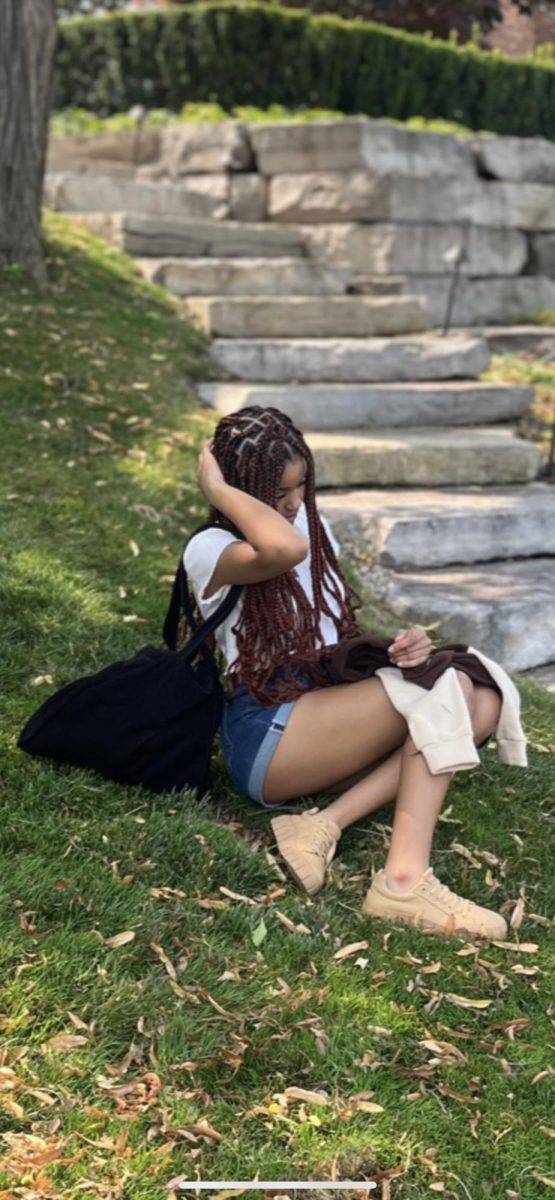
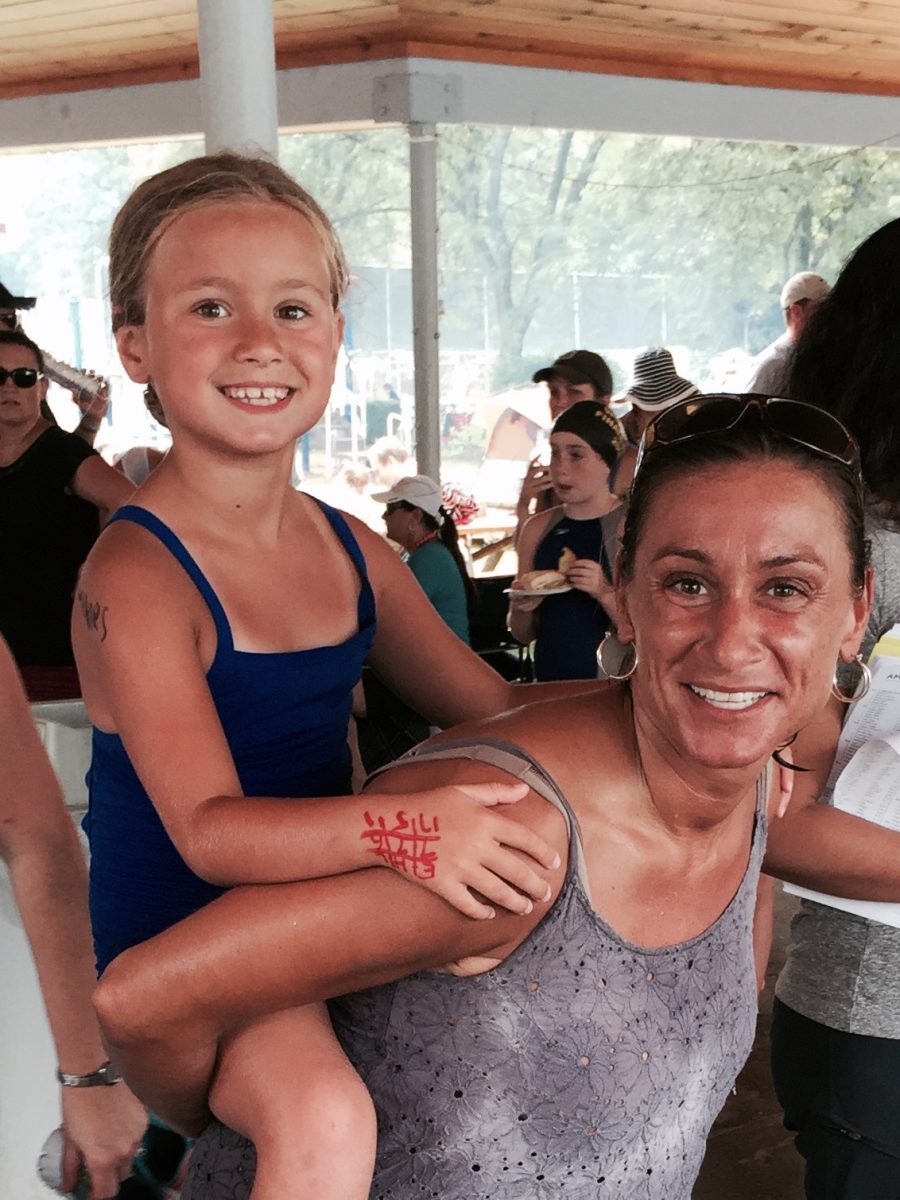
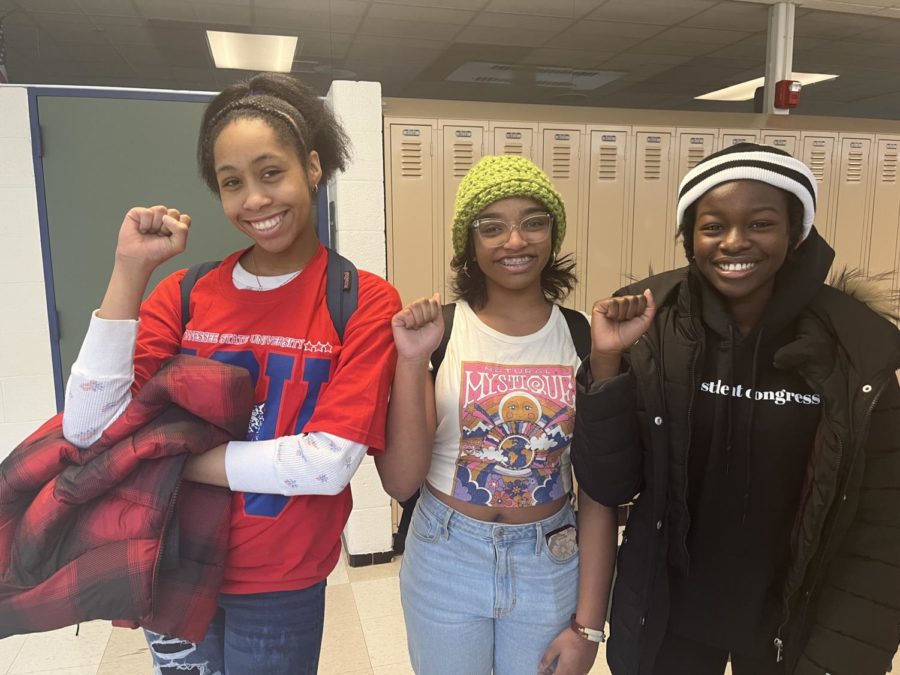

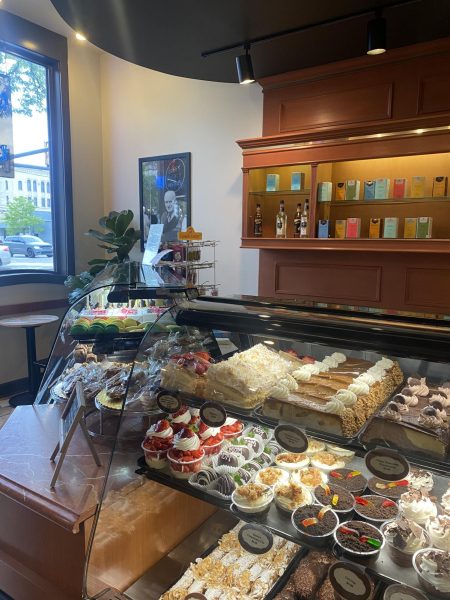

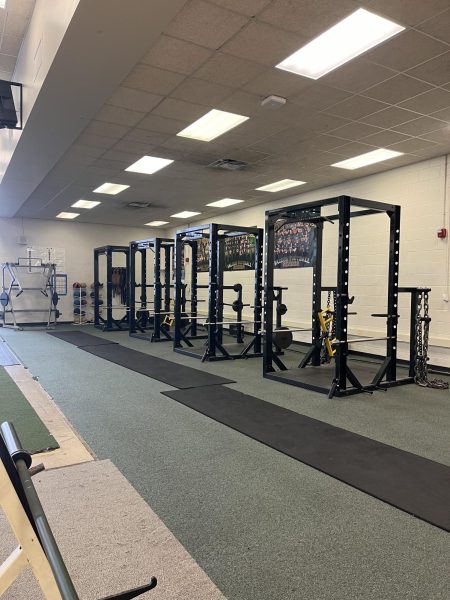
Mrs. Terri Grantling • May 1, 2023 at 10:22 am
I think that this is a well-balanced, very important article that touches on real-world issues! Well done!